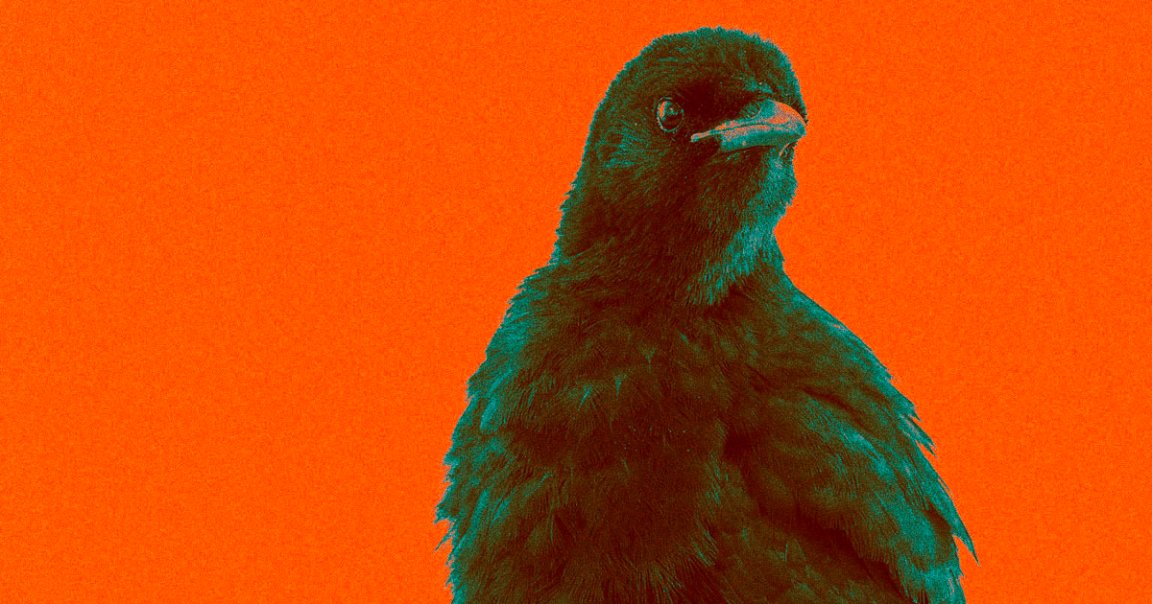
For the first time, a group of humans have caught a new strain of avian influenza in Russia — and experts are alarmed.
Health officials from the country alerted the World Health Organization (WHO) after cases of the H5N8 strain of the bird flu appeared in seven workers at a southern Russian poultry farm in December, according to Bloomberg.
“If confirmed, this would be the first time H5N8 has infected people,” said the WHO in a statement.
The workers who contracted the new strain were reported to have mild cases and have since recovered from the virus. As of now, Russian authorities say the bird flu variant doesn’t seem to spread between people — but that could change.
“It is not transmitted from person to person,” said Anna Popova, Russia’s public health chief, in a televised statement. “But only time will tell how soon future mutations will allow it to overcome this barrier.”
Remember, though, that whether the virus that causes COVID could spread between humans was a matter of much debate when it first started to spread early last year.
Being able to identify the new strain so early on allows health authorities to better prepare “for possible mutations” and create a vaccine, according to Popova. It could also allow officials to create testing methods for the virus.
Though these are the only reported cases to occur in humans, health officials have been aware of the H5N8 strain spreading amongst birds for years now. In France alone, more than 2 million poultry were slaughtered as a preventative measure in January due to outbreaks of the bird flu variant. In 2014, outbreaks of H5N8 occurred among birds throughout the United Kingdom, Germany, and the Netherlands, according to CNN.
For now, it looks like the new H5N8 cases are under control and were not deadly. But with the rising Ebola epidemic along with the new deadly strain of COVID-19, it’ll be fascinating to watch how health authorities communicate the danger to the public.